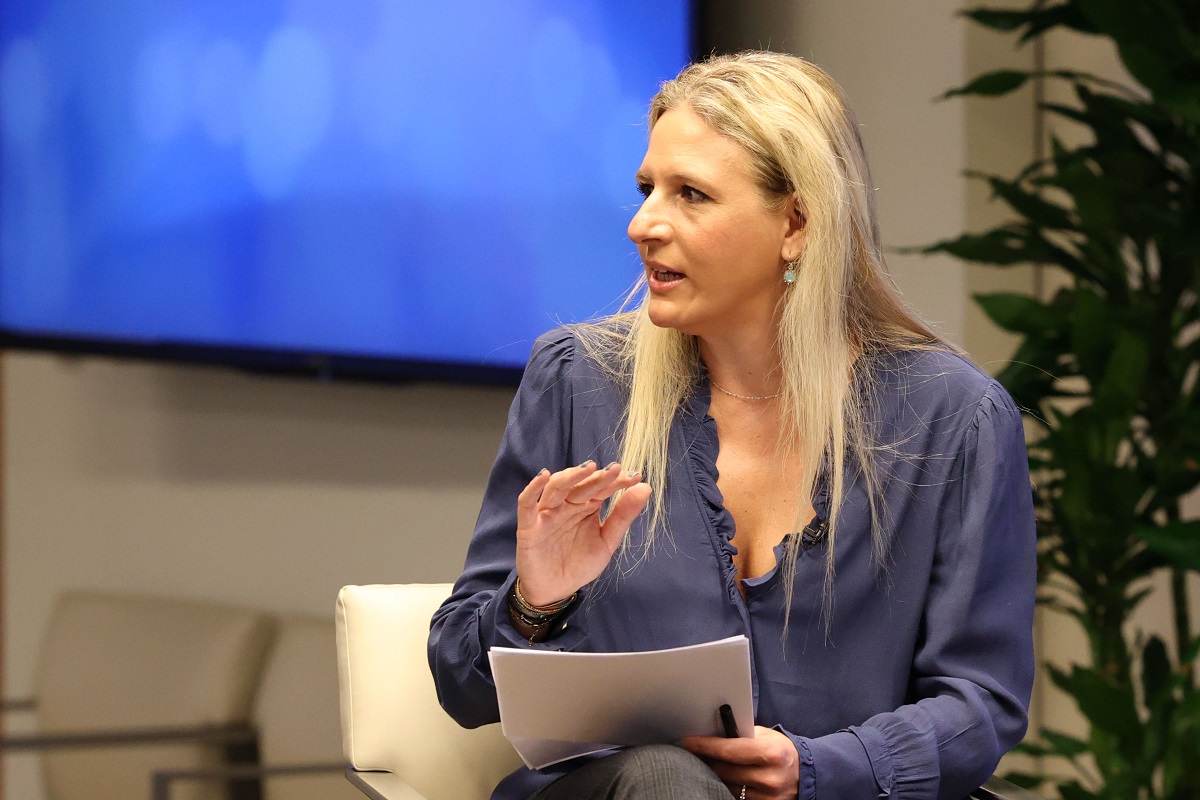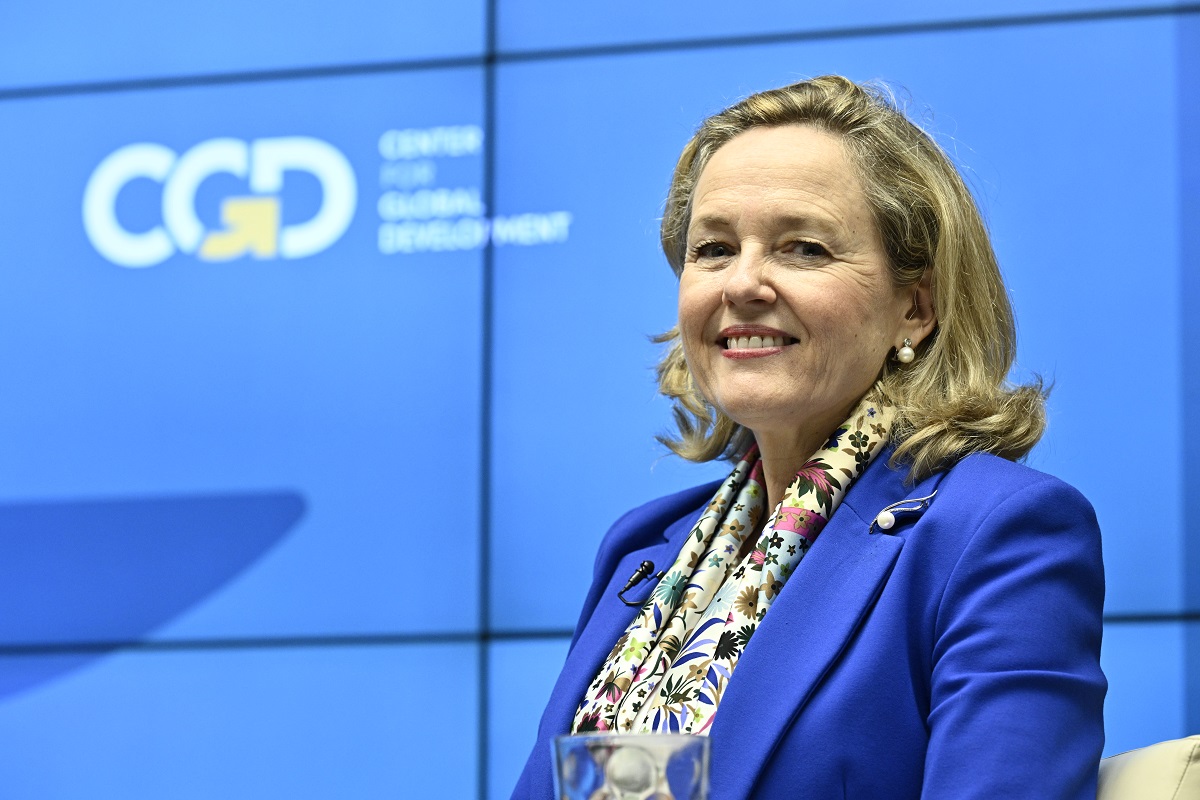On Friday the Governors of the European Bank for Reconstruction and Development (EBRD) will decide who will be the Bank’s next President. Today we are publishing interviews with four of the candidates.In September 2009, the leaders of the G-20 meeting in Pittsburgh called for the “the heads and senior leadership of all international institutions [to] be appointed through an open, transparent and merit-based process.” Despite this commitment, over last few months European Ministers have been horse-trading behind closed doors to try to get one of their nationals into a number of jobs which are up for grabs: as well as the Presidency of the EBRD, Ministers have to find a new Chair of the Eurogroup, someone to head the Eurozone’s permanent bail-out fund, and a new member of the board of the European Central Bank. But European Ministers have not been able to reach agreement, so for the first time ever the EBRD Governors have not been presented with a fait accompli.
Five candidates will be in London this Thursday to be interviewed for the role, and the Governors are expected to make a decision by the end of the week. At the Center for Global Development we believe this appointment should not be based on nationality, in some gigantic trade-off between unrelated institutions, but on the basis of merit and substance. We hope to make our own modest contribution to this by offering a public forum for the candidates to discuss their vision for the future of the EBRD.Over the last couple of days I interviewed the four candidates who accepted our offer. We’ve put the interviews together in a Development Drums podcast. You can listen to this online, or download the podcast to your MP3 player, either from
the Development Drums website, the
CGD website, or
free in iTunes. We will also be publishing a transcript of the interviews.

The four candidates who agreed to be interviewed are: Thomas Mirow (at 03:58), the incumbent who has completed one four year term as President and is seeking re-election for the second term; Jan Krzysztof Bielecki (at 17:40), former prime minister of Poland; Suma Chakrabarti (35:45), a senior British civil servant; and Bozidar Djelic (at 47:43), the former deputy Prime Minister of Serbia. The fifth candidate, Philippe de Fontaine Vive Curtaz, is vice president of the European Investment Bank and did not choose to participate in this process.In the interviews, the candidates talk about the implications for the EBRD of the planned expansion to the Southern and Eastern Mediterranean. They respond to criticisms of the EBRD for not doing enough on gender. And they talk about how their own professional background equips them to be an effective leader of the institution. The interviews reveal some striking differences of view between the candidates. For example, the candidates offer quite different opinions about the extent of change that will be needed in the organisation to fulfil its new mandate in North Africa and the Eastern Mediterranean. Candidates also had quite different views about how they would respond to the criticism of the EBRD’s approach to women.Given the differences in substance between the candidates revealed by these interviews, nobody should be in any doubt that the choice of the next president of the EBRD will have important real world consequences.Running time 56 minutes; size: 33.2 Mb
CGD blog posts reflect the views of the authors, drawing on prior research and experience in their areas of expertise.
CGD is a nonpartisan, independent organization and does not take institutional positions.






